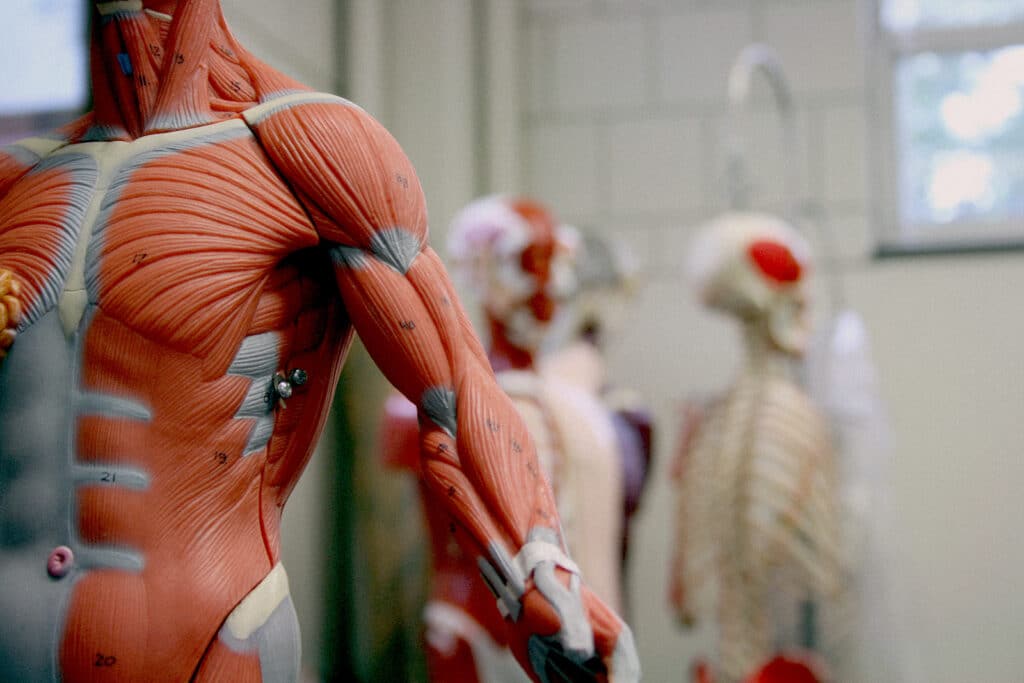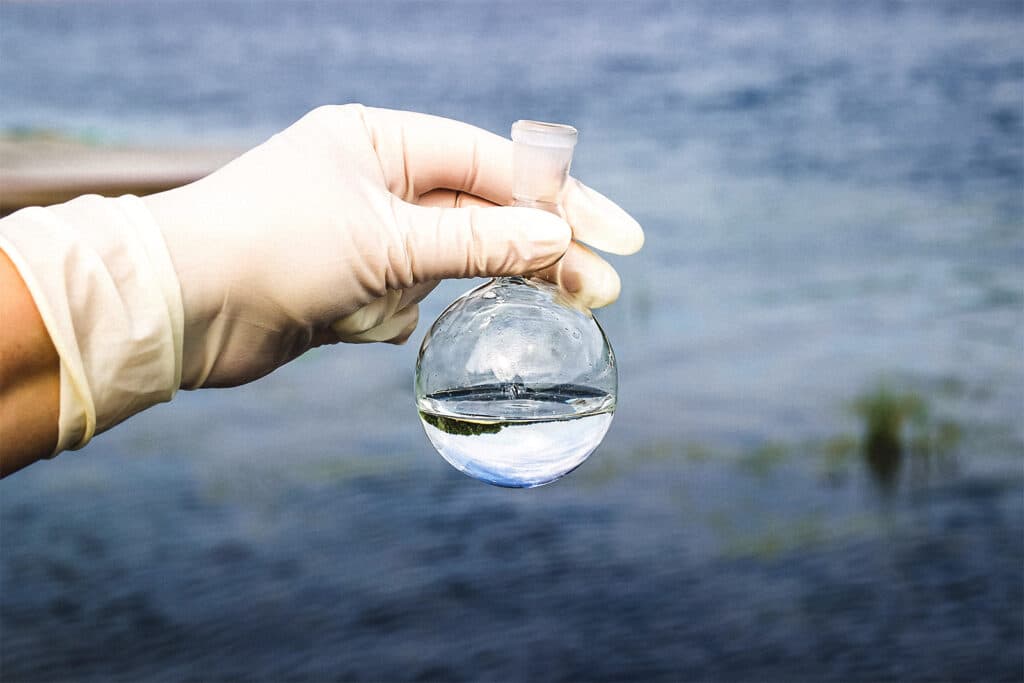Biology is the scientific study of living organisms. The word ‘biology’ literally means the study of life, deriving from the Greek bios (life) logia (to study). It’s one of the three main branches of science, along with chemistry and physics.
Biology covers living things, whether human, plant or animal. As you’d expect from such a varied field, you’ll learn some incredibly interesting stuff. From DNA and microscopic cells to plant and animal evolution, biology covers many intriguing topics. You’ll also learn many transferable skills like researching, problem-solving and critical thinking.
Qualifications in biology open up many exciting career paths. Oxbridge offers both A-level Biology and GCSE Biology as separate online courses. In this blog, we'll explore the subject and how you can get started.
What You’ll Learn in GCSE Biology
A GCSE is a level 2 qualification. As such, a GCSE in Biology will give you a firm grasp of the fundamentals. You’ll cover five varied units, learning everything from broader human and animal-based topics right down to cell functions.
You’ll start off learning about the massive variety of life on earth. This will include everything you’d expect, like human and animal life, but will also involve things like fungi, bacteria and viruses. You’ll then learn just how much those things have in common biologically.

Cells
Next, you’ll study the building blocks of life – cells. You’ll see how animal and plant cells support life and the different methods they use. You’ll cover reproduction and see how genetics are inherited through DNA. There’s also an introduction to terms like metabolism, diffusion and osmosis as you learn how cells operate.
Ecology
Ecology, the study of living things and their environments, is up next. You’ll learn all about incredible lifeforms around the world and how they have evolved to survive. Ecology looks into how environments change over time, focusing on how organisms compete or coexist. You’ll also get a glimpse into the circle of life – how animals consume energy and distribute it back into the environment.
Human Impact
In the final module, you’ll see how humans impact biology. You’ll study how human activity, such as deforestation, overfishing and intensive farming, changes environments and food chains. Then, you’ll learn how science will impact biology in the future through cloning and genetic engineering.
Overall, the Biology GCSE course is intended to prepare you for future study. After completion, you’d traditionally move on to A-level study.
What You’ll Learn in A-level Biology
A level 3 course, the A-level in biology is designed to expand on the knowledge you gained at GCSE level. It will give you a more in-depth understanding of the themes you’ve already covered while introducing new topics.
Cells and Organisms
You’ll begin the course by developing your knowledge of cells and organisms, studying biological molecules, proteins, enzymes and carbohydrates. Then, you’ll delve into the enthralling world of immunology. Have you ever wondered how our immune system fights diseases? By studying different cells and their roles, you’ll discover just how our body communicates to produce an immune response.
Then, you’ll take a deep dive into how cells differ within environments. You’ll learn how substances exchange through membranes – and what that means for the body.
Genetics
You’ll then move on to genetics. You’ll see how biology plays a role in our similarities and differences through DNA. Then, A-level Biology touches on DNA sequencing, environmental factors in diversity, and even natural selection.
Energy
The course then looks at energy transfer in plants, animals and bacteria. From respiration to photosynthesis, you’ll see how organisms get vital energy to survive. Then, you’ll see how they use this energy to respond to changes and stimulants in their environments.
Evolution
To build on your knowledge of genetics, the Biology A-level course then concludes by looking at evolution and genetic code. You’ll study how animals and humans have evolved to suit their habitats. Then, you’ll explore the theory of natural selection. Finally, you’ll discover several factors that impact gene expression in humans – and how medical science might modify them for various reasons.
Once you’ve completed your course, many exciting possibilities are open to you.
Where a GCSE & A-level in Biology Can Take You
After completing their GCSE and A-level studies, many biology students continue to university. There, they complete degree studies in many scientific fields. Once they’ve completed their degree, there are many paths a biologist can consider:
- Scientific research
- Science teaching
- Nanotechnology
- Animal biology
- Marine biology
- Forensic investigation
- Microbiology
Many students may also choose to continue to postgraduate studies. You will need to get the required grades, however.

Endless Options
Of course, studying biology doesn’t mean you have to become a biologist. With its broad learning and transferrable skills, biology can lead you in many different directions.
Sports
A GCSE and A-level in biology give you excellent foundations for a career in sports and fitness. With your knowledge of the human body, you could look at careers in athletic performance, physiotherapy or personal training.
Medicine
With your biology qualifications, you could also move into medical study. Within medicine, you might look at a career as a physician, dentist or pathologist.
Animals
Another route many biology students take is working with animals, with a range of careers in veterinary science, zoology and agriculture. As with medicine, biology qualifications are typically required to work with animals.
Why should you study your Biology GCSEs and A-levels online?
Want to kickstart a career in biology? With online Biology GCSE and A-level courses from Oxbridge, you can get the crucial qualifications you need. You’ll study in your own time and receive all the support and knowledge you need from expert tutors. To get started, take a look at our courses or get in touch today.
